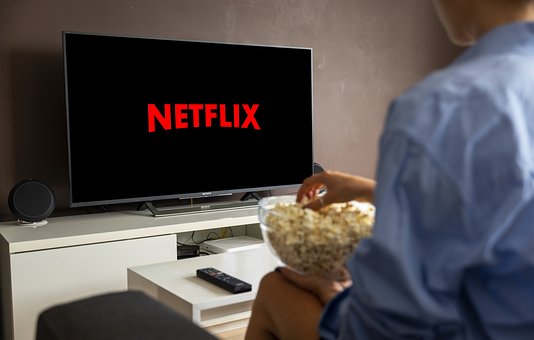Google noted that in 2022, there was a new record for the search, ‘Can I change?’
If the father of modern psychology, William James, was alive, he’d probably say, ‘of course you can. Change your habits’. Most behavioural psychologists would say that habits are the key to understanding behaviour, and that habits are simply learned. They are reinforced over time, but anything that is adopted and learned, can be replaced.
In fact, William James thought habits were the flywheel of society, because a lot of our habits just keep our lives going, as a flywheel powers a machine. Consider the habit of getting out of bed, washing, changing clothes, and starting the day.You might think that’s a bit lame and unworthy of notice as habits go, until you meet people who can’t get out of bed and wash and change and face the day. It can feel like climbing a mountain for them to get that flywheel moving again.
What about wanting more than the basics, and having goals and aspirations? People do not decide their futures, said one F M Alexander. They decide their habits and their habits decide their futures.
So, as I read and hear new year resolutions, from giving up vaping, to reading more books or doing some new and amazing thing, I want to say ‘Yes! You can do this! Change your habits.’ At the same time, I don’t think it’s easy. If it was a cinch, then organisations like Weight Watchers and Alcoholics Anonymous would close their doors overnight. At least two other ingredients are critical to making any real change, and they are focus and self-discipline. Dang! There had to be a catch.
We could all get fitter, learn to tango, volunteer, or build a tree house, but resolutions tend to atrophy for a few reasons, and one big problem is the way we habitually use our time. It is down to us to look honestly at our use of time, find offcuts and make choices. That’s hard, but we only have a 24-hour allotment, and we just can’t do everything.
The good news is, we probably can find some extra time. Consider this; the average adult in Australia spends about three hours a day watching TV. I am almost in that camp, and some days I am pulling up the average. When I think about emails and phone screen time, I know I have more available offcuts right there. I don’t need to check Twitter five times a day. I really don’t need it at all.
Time management is all about priorities and we alone must decide what we really want because it is clear that human beings, including the ones we like and love, can have vastly different views on the lives they want to lead, how much control they think they have over their lives, what they consider to be a waste of time and what feeds their soul.
And good time management habits for their own sake, are meaningless unless they get us to our destinations. A To Do list is pointless if it’s only full of unsatisfying, short-term chores. We’re just being efficient rather than effective.
So back to whether we can change, I’m sure the short answer is ‘yes’, but the bigger question to ask ourselves is whether our habits serve us or distract us from what we really want to achieve. Rationally I know what I must do, but then I find myself saying, there’s something really good on Netflix right now. Have you seen it? And if you catch me sending dog and cat or panda clips during 2023, feel free to remind me about this post.
